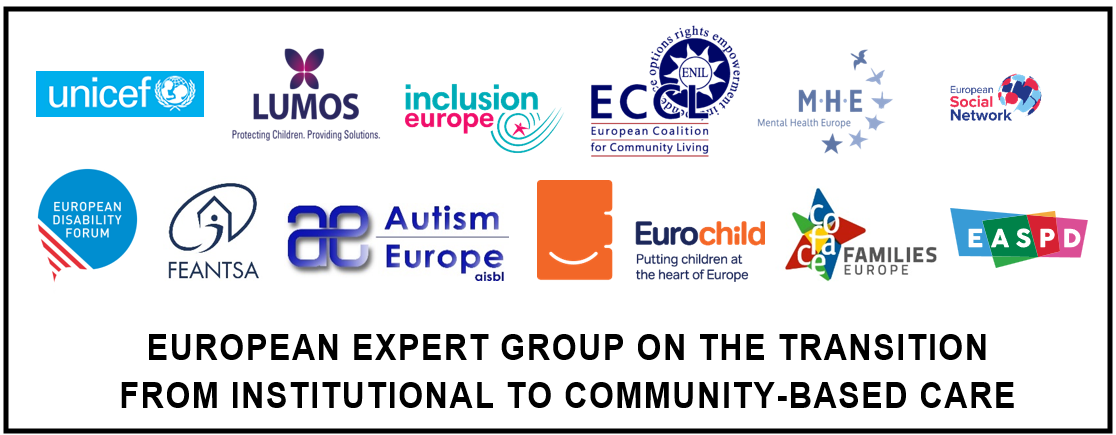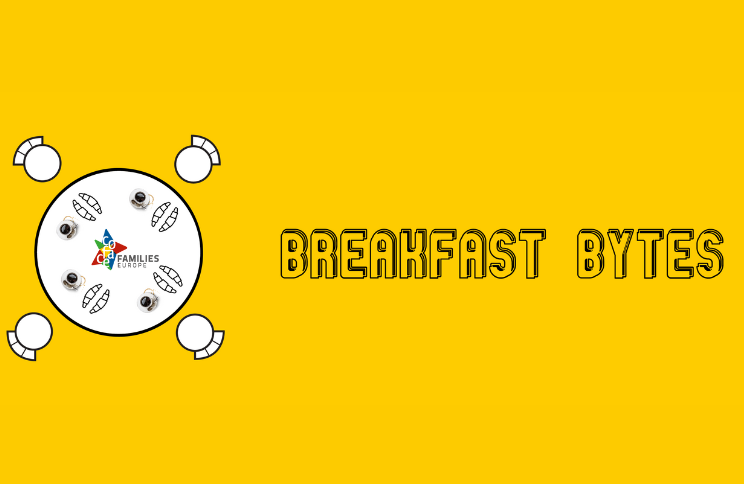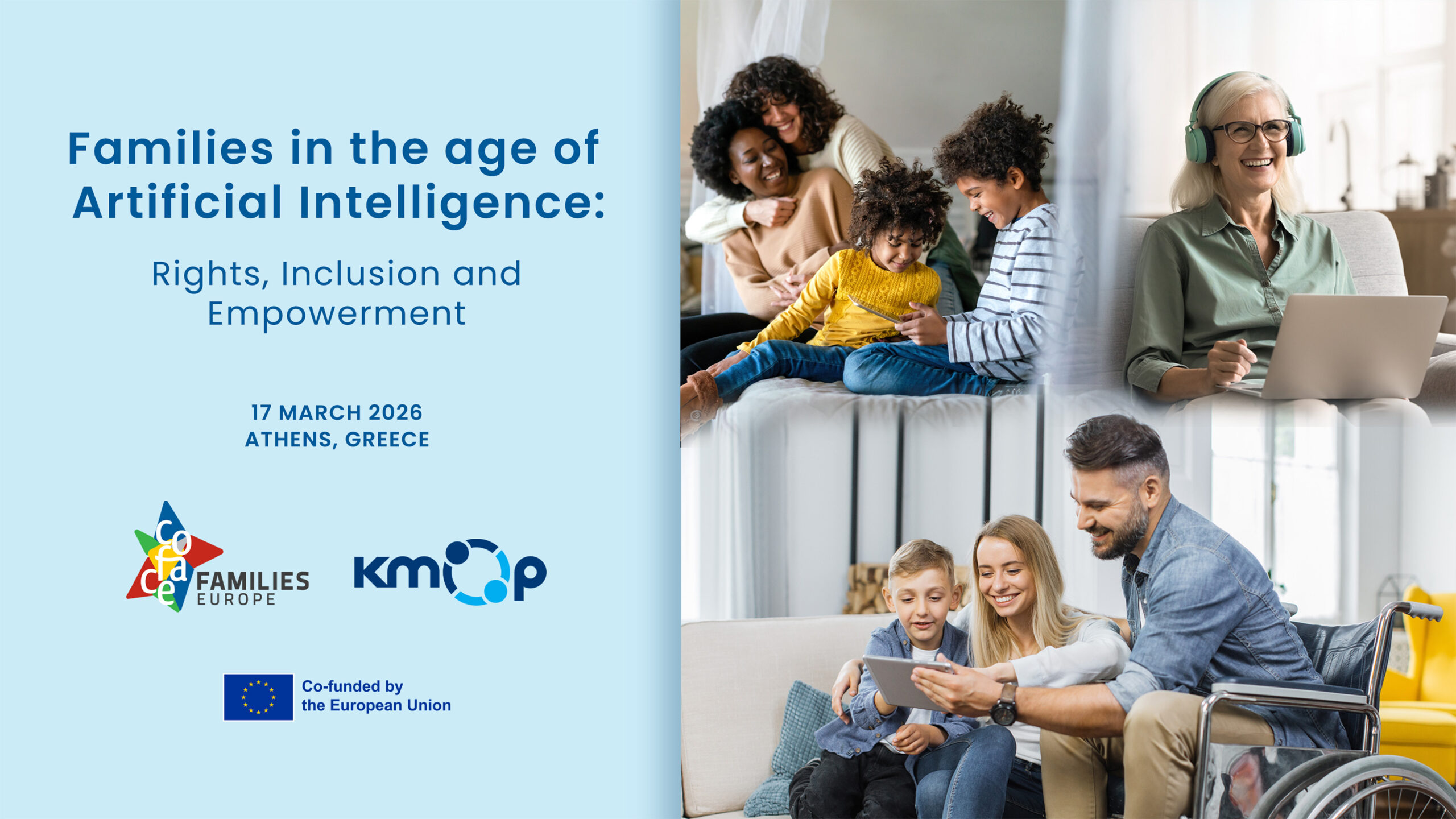Preventing institutionalisation of children:
strengthening families and building community-based alternative care
14th of November from 9.30 to 12.30
On behalf of the European Expert Group on the transition from institution to community-based living (EEG), we are pleased to invite you to our annual study session: Preventing institutionalisation of children: strengthening families and building community-based alternative care that will take place on the 14th of November from 9.30 to 12.30.
Some of the main drivers of institutionalisation of children are a lack of community-based alternative care and the absence of preventative family support, accessible education and social services in the community. Children belonging to vulnerable families and disadvantaged groups and households, such as children with disabilities and Roma children, are particularly at risk when they and their families are not adequately supported.
This year EEG study session will provide examples of effective policies and practices of building community-based alternative care, early childhood intervention and family support and prevention services through Europe:
- Preventing Child – Family Separation in vulnerable families (Spain)
- Family-Centred Early Childhood Intervention (Portugal)
- Developing Family-based alternative care (Poland).
The EU has been promoting the transition from institutional to family- and community-based care through EU policy and funds since more than a decade. Although the EU highly encourages its Member States to focus on providing community-based alternative care, early intervention, preventative measures and family strengthening, there is little sharing of good practices or guidance available for them on what this should look like, and which measures, services and systems can contribute to this goal.
The study session will highlight how the practices relate to EU policy and funds, in particular the European Child Guarantee. It will also explore how the EU Child Guarantee supports the development of such policies and practice, and how it can be further used to prevent institutionalisation and foster the wellbeing of children and their families. Each session will conclude with a Q&A to ensure participants can ask questions and share their feedback.
Full programme here.




